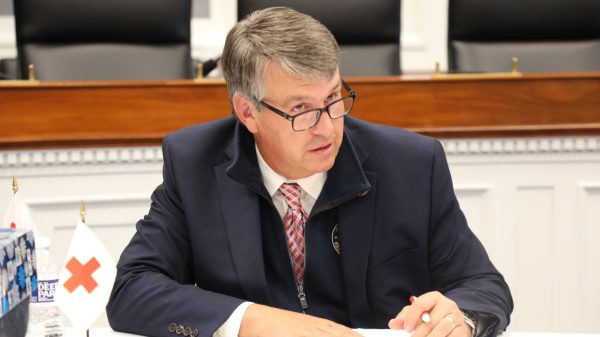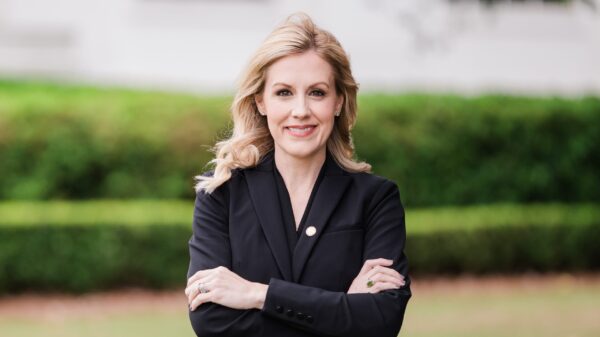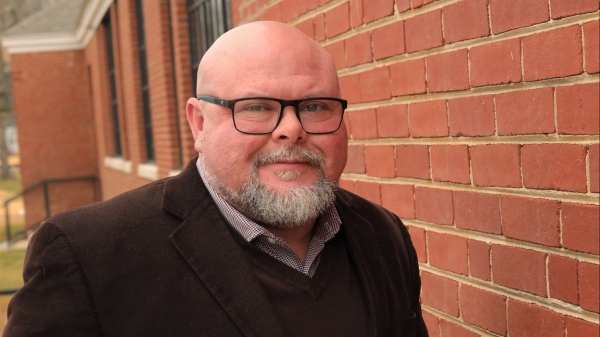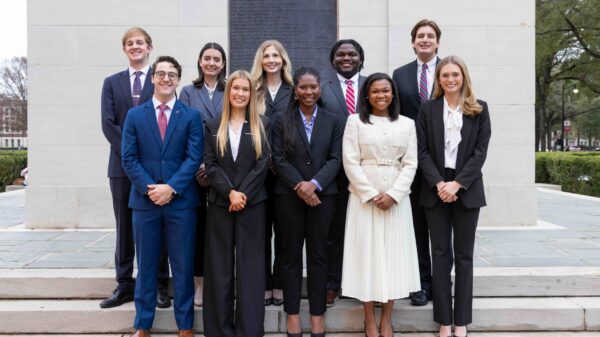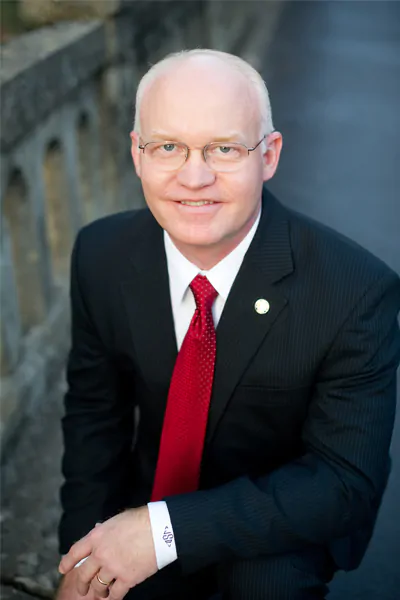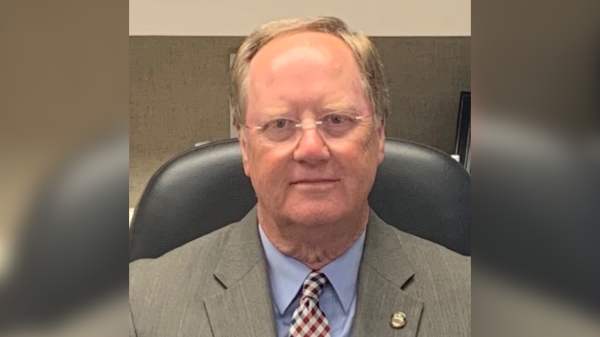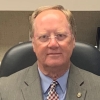By Bill Britt
Alabama Political Report
MONTGOMERY—If there is a bright spot to be found in the 2015 Legislative Session, it was the House Rural Caucus.
The House Rural Caucus is a bipartisan group of State Representatives who come together to focus on issues that specially face rural-dwelling Alabamians.
“We work to be a voice for rural Alabama,” says caucus chair, David Standridge (R-Hayden). “A lot of what we try to do is provide information to our members, we try to have good informative speakers at our meetings so people can make a decision based on their district.”
As an example, during the 2015 legislative session, the caucus heard from Commerce Secretary Greg Canfield on a rural incentive plan, from Dr. Williamson on the future of rural hospitals and healthcare, as well as, Agriculture Commissioner John McMillan, and NRA President Jim Porter, just to mention a few.
According to caucus Vice-Chair is Johnny Mack Morrow (D-Red Bay), the group represents a diverse membership, from the most Republican county to the most Democratic. Morrow says the group works well together because their goal is, “It’s all about information and trying to get accurate information so the people will know how to vote for what’s best for their district.”
“It hasn’t been difficult for us to all to work together. One reason is there is no pressure to support a certain issue or vote a certain way,” echoed Standridge.
This view is shared by caucus Secretary Rep. Pebblin Warren (D-Tuskegee Institute) who has served in the legislature since 2005.
“First of all, I think that, the best thing about this: We’ve laid the politics to the side…we speak of true issues that all of our people in rural areas are facing right now,” said Warren. “I think that makes it a very good working relationship. It’s not about politics, it’s all about the people we serve.”
The Alabama House of Representatives is comprised of 105 members, with each member representing a district of approximately 40,000 people.
The Rural Caucus is comprised of around 40 representatives with a Republican/Democrat membership that reflects the House as a whole.
Rep. Randall Shedd (R-Cullman) who serves as Treasure believes the group is successful because the members place representing the people of their district first.
Shedd also says the caucus’ fiscal house is in order with no debt and no money.
Morrow, Warren and Shedd are quick to give credit to Standridge, who has worked tirelessly to bring republicans and democrats together to tackle the issues facing rural Alabama.
Standridge says that rural communities face a vastly different set of problems than the State’s urban areas, issues like broadband internet access, cell phone coverage, as well as hospitals and the need for economic development.
According to the 2010 census, Alabama has moved from being predominantly rural to urban-based communities. Standridge says he is concerned that policies necessary to better the lives of rural citizens might get lost in the legislative agenda. So, Standridge, with the caucus’ blessing, worked closely with Gov. Robert Bentley and Commerce Secretary Canfield to make sure that rural communities were included in the Governor’s economic growth strategy.
In a time of partisan divide, not only in Washington, DC, but in Alabama, the Rural Caucus is finding common ground to move the State forward. Standridge and the other leadership say that it is mutual respect that has enabled them to work together. “The citizens are not as concerned about the partisanship as much as they are about us getting the job done,” said Standridge.
Warren said she is disappointed that the body, as a whole, has become so divided, but hopes that the work of the caucus can serve as an example of how Democracy should work.
“One complaint I have about the current administration…we lost that humanistic side,” said Warren. “In the past, Republicans and Democrats would hang out at night, play softball, have the best times…I heard recently, that a Republican complained because he was seated next to a Democrat at a football game. How crazy is that?”
Johnny Mack Morrow, who has represented North Alabama since 1990 said, that he would like to extend an invitation to those who view a partisan divide as essential to governing: “I’d just like to say to the Republicans who refuse to come to our Rural Caucus, what about Tip O’Neill and Reagan?…we agree on more things than we disagree on, so why not get together and work together to make this a better State to live in.”
This sentiment is shared by all the caucus leadership. Their desire is to put the people first over party.
Standridge says that it is possible that the Caucus will take a more active role in the future to promote legislation that is important to rural citizens. He says that good information, and cooperation are a few of the keys to the State’s success, and that is what the Rural Caucus is building on.



